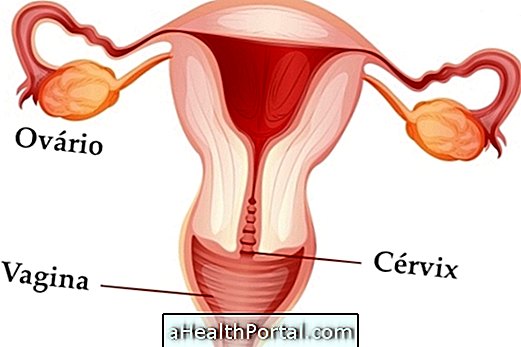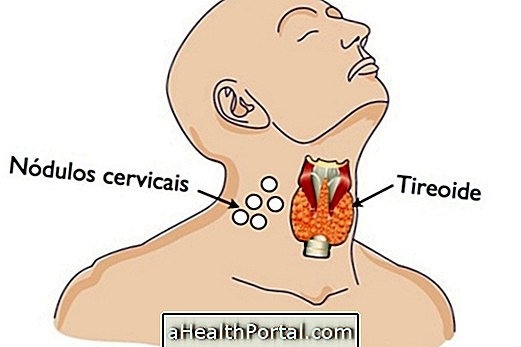Anyone who takes contraceptives, every day, always at the same time, does not have a fertile period and therefore does not ovulate, decreasing the chance of becoming pregnant because, because there is no mature ovum, it can not be fertilized. This occurs both in contraceptives of 21, 24 or 28 days, and also in the contraceptive implant.
Oral contraceptives inhibit ovulation, but also alter the uterine endometrium and cervical mucus, enhancing pregnancy prevention. However, if a woman misses taking a pill, especially in the first week of the cartouche, there is a chance of getting pregnant because she can ovulate and release an egg that when she meets the sperm, which can survive inside the woman for 5 7 days, may be fertilized.
![]()
Here's how to use the pill and not get pregnant in: How to take the contraceptive correctly.
Is it possible to get pregnant by taking birth control?
Although it is a very effective contraceptive method, the woman can become pregnant taking the contraceptive if:
1. Forget to take the pill every day at the same time. There are greater chances if the forgetting happens in the first week of the card.
2. Take some medication that will decrease the efficacy of the pill, such as antibiotics, immunosuppressants and anticonvulsants, for example, because they cut off the effect of the pill. Here are some examples: Remedies that decrease the efficacy of the pill.
3. Vomiting or diarrhea up to 2 hours after use of the pill.
In these cases, pregnancy would be possible, since the woman may ovulate and, when related, the ovum is fertilized.
In addition, the pill has 1% of failure and so it is possible to get pregnant even taking the contraceptive pill correctly every month, but this does not happen often.
Here's how to calculate your fertile time:
![]()
How is the menstruation of those taking contraceptives?
The menstruation that comes every month for those who take the contraceptive, does not refer to the "nest" prepared by the body to receive the baby, but rather the result of hormonal deprivation during the interval between one card and another.
This false menstruation tends to cause less colic and lasts less days, and thanks to the effectiveness of the contraceptive pill, one can have sexual intercourse every day of the month, even during the days of pause between one card and another, without taking the risk pregnancy, as long as the pill is used correctly.
Anyone who takes the contraceptive correctly may notice some change in the days before menstruation, such as sore breasts, increased irritability and body swelling, which are known as premenstrual tension - PMS, but these symptoms are milder than if the woman did not take the contraceptive pill.
Taking the contraceptive correctly does not exclude the need to use condoms during intercourse because only the condom protects against sexually transmitted diseases. See: What to do if you had sex without a condom.











-o-que--e-para-que-serve.jpg)




-causas-e-como-tratar.jpg)




